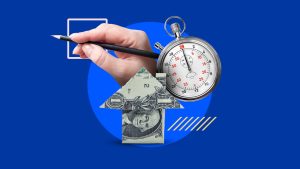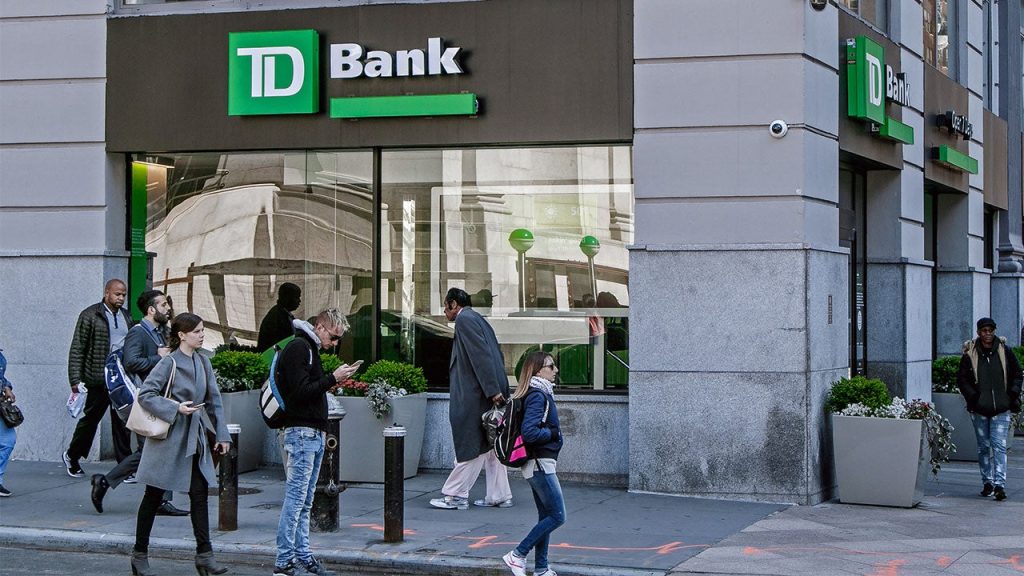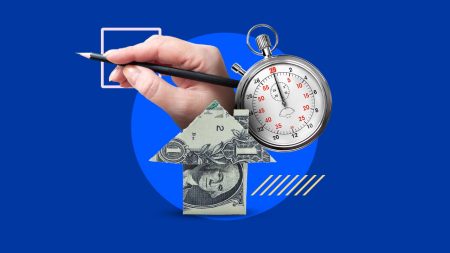Key takeaways
- The number of bank accounts you should have depends on your individual situation; only open accounts you need.
- It’s important to have at least one checking and savings account to stay on top of your finances.
- Research all the details of any account before opening it.
Different deposit accounts can help you organize your financial life and achieve your money goals. The two basic accounts everyone should have is a checking account and a savings account. Whether you want to open other accounts, like money market accounts, certificates of deposit (CDs) or additional checking or savings accounts depends on your current situation and financial goals.
How many checking accounts should I have?
Generally, everyone should have at least one checking account so that paychecks or other income can be deposited and used for bills and other expenses. A checking account usually gives you access to a debit card, checks and a peer-to-peer payment service such as Zelle. Some also come with online bill pay, so you can set items like your utilities bill to automatically pull from your checking. Most checking accounts allow you withdraw cash from an ATM (and you get bonus points if your checking account comes with a wide fee-free ATM network and/or ATM fee reimbursements).
Opening a second checking account could be beneficial if you have a small business or other financial needs requiring you to separate income and expenses. You could also consider opening a second checking account as a joint checking account with a significant other or family member, if your situation calls for it.
What to look for in a checking account:
- No (or low) fees.
- No (or low) minimum balance requirements.
- Access to funds that works for you (whether that’s ATMs or fast online transfers).
You can also put your spending money to work for you by finding a checking account that earns interest. Some checking accounts pay interest with few requirements, while others may require you to make a certain number of debit card purchases a month. Always read the fine print to see if the account works with your banking habits and remember that a checking account interest rate will likely never compare with the yield you can earn in the best high-yield savings accounts.
You have options
If you intend to deposit more than what the FDIC insures ( $250,000 per depositor, account ownership category and per insured bank), you have a few options for keeping your money insured, including opening accounts at different insured banks.
How many savings accounts should I have?
Most financial experts recommend that everyone have at least one savings account for an emergency savings fund. However, depending on your financial situation and goals, you may want more than one.
A savings account is an account designed to hold your money for a longer time than a checking account, and it should earn interest (ideally, a good amount of it). Standard savings accounts, like the ones typically offered by large brick-and-mortar banks, often have nearly nonexistent annual percentage yields (APYs) that are way below the national average. High-yield savings accounts, often offered by online banks, typically pay the best rates.
Unlike checking accounts, savings accounts aren’t designed for regular monthly expenses and transactions. Some banks may even limit the ability to withdraw or transfer money from a savings account more than six times in a monthly statement cycle.
How many money market accounts should I have?
Money market accounts (MMAs) are a type of savings account that often come with some features of a checking account, like check-writing privileges and/or debit cards. MMAs allow you to conveniently use your savings when you need to, say, make a large purchase. As such, the number of money market accounts you should have depends on how many savings accounts you need and what you’re planning to use the money for.
The best money market accounts earn rates close to or on-par with the best high-yield savings accounts.
How many CDs should I have?
Although you can have as many CDs as you want, it’s important to understand the investment strategy behind them and then decide if they’re the right fit for your savings goals.
A CD is a type of investment designed to store your money for a set period of time. A CD’s term is the amount of time you have to wait to access your money without having to pay an early withdrawal penalty. Since your money is supposed to stay in a CD for a certain period, you’re rewarded with a yield that may be higher than a high-yield savings account. However, the yield depends on the term and the bank. Like other accounts, online banks usually offer the best CD rates.
Withdrawing money before the CD term is up will cost you. Some withdrawal penalties could be as little as 30 days of interest or as much as six months’ worth of interest (if not more) at some banks. The penalties vary by bank and CD term. It’s important to read about the possible penalties before opening a CD and to pick a term that coincides with when you expect to need the money to avoid an early withdrawal penalty. Typical CD terms range from three months to five years.
If you’re worried about incurring a penalty, you can look into opening a no-penalty CD. No-penalty CDs don’t charge a fee for withdrawing money but they also might not offer you the highest available rate.
There’s one exception for the “no-penalty” part of a no-penalty CD: if you withdraw your funds during the first six days, you’ll still be a subject to a penalty. After the first six days, you enter no penalty territory for withdrawals with a no-penalty CD.
How to determine how many bank accounts to have
While it’s important to have at least one checking and one savings account, the rest is up to you.
If you can and want to dedicate the time to managing multiple accounts and have clear reasons for opening them (maybe you like to chase bank bonuses), go for it. Otherwise, it’s best to think “minimalism” when choosing accounts.
“If you can open one less account, do it,” says Conrad Ciccotello, a professor and director of the school of finance at the University of Denver.
Possible reasons to have multiple accounts:
- Multiple savings accounts can help you save for multiple goals. For instance, a savings account outside of your emergency fund can help you save for a different goal such as buying a home or taking a vacation. You can give it a name to make the savings goal more tangible, such as Dream Vacation Fund.
- Couples might want to maintain a joint checking and savings account for household finances, and each may maintain a separate checking account for personal expenses.
- In addition to a savings account, you could open a CD for longer-term goals. The benefits of a CD are that it may earn more interest, and the early withdrawal penalty can act as a deterrent, discouraging you from spending the money out before the account has matured.
Pros and cons of having multiple bank accounts
Pros
- Allows you to separate savings goals.
- Helps you avoid spending money that you have earmarked for another purpose.
- Lets you take advantage of different features offered by different types of accounts and different banks.
Cons
- Managing account requirements (such as minimum balances to avoid a fee) requires time and effort.
- If your money is spread out between too many accounts, you run the risk of overdrafting and paying hefty fees.
Tips for opening and closing bank accounts
Before you open any bank account, it pays to:
- Research the fees, minimum balance requirements and other fine print about the account.
- Research the bank itself. For example, does it have customer service hours and contact methods (phone versus in-person, for example) that are convenient for you?
And before you close an account, make sure to transfer over any direct deposits or recurring bills and wait for all pending transactions to go through. Then, once you’re sure your account won’t have any more activity, inform the bank that you want to close the account. Simply leaving the account balance at zero won’t be enough. Some banks even charge account inactivity (or dormancy) fees if you leave an account open without using it.
FAQs
Bottom line
If you want to open more than one bank account, assign a purpose to each account so that you open and maintain only those you need. Having too many accounts could cause you to accumulate fees if you don’t monitor them closely.
Plus, you might not need every type of account — checking, savings, money market and CD. But, at the very least consider a checking account for everyday needs like paying bills, and a savings account to earn interest on money you’re putting away for an emergency or other savings goal.
Read the full article here









